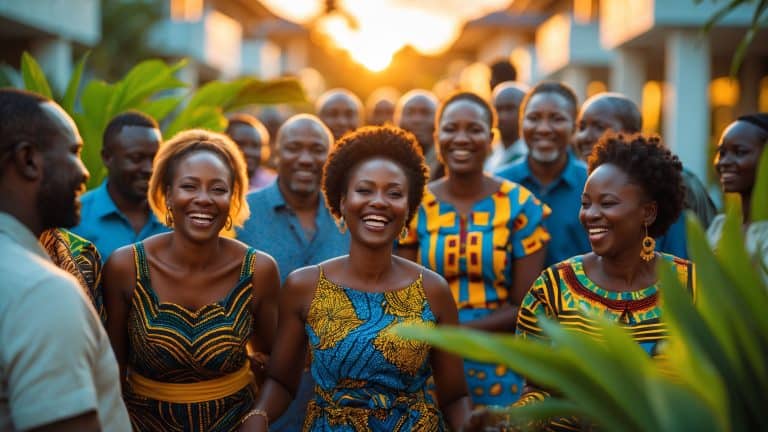This is a premium article written by one of our experts.
Letra Davis is a seasoned entrepreneur, recording artist, musician, and certified Kolbe Consultant. She's the founder and CEO of LeLe's Consulting Solutions, specializing in helping individuals and teams discover and leverage their strengths to improve personal and professional relationship, productivity, work culture, and profitability. She also offers financial assessments that help people understand why they make certain financial decisions, and how they can use their natural talents to thrive while living abroad. Connect via email: info@lelesconsultingsolutions.com.
Check out

Navigating Ghana GIPC Rules: When to Partner Locally or Go Solo
The GIPC governs foreign business ownership through specific regulations, such as minimum capital requirements and structural stipulations for various industries. However, foreign investors must understand that navigating these regulations goes beyond paperwork. Effectively managing local dynamics, mitigating risks such as fronting scams, and aligning strategic goals with cultural insight all contribute to long-term business success.

Navigating Police Interactions in Ghana: A Guide for Expats on Legal Rights and Cultural Sensitivity
Navigating police interactions in Ghana requires a nuanced understanding of formal legal rights and the informal social dynamics that often shape these encounters. For expats, the ability to blend legal awareness with cultural sensitivity is essential to handle such situations confidently and respectfully.

Income Essentials: Build Financial Stability Before You Move
Financial readiness doesn’t just cover basic expenses; it provides a cushion of security that allows you to navigate the inevitable surprises of a new environment without undue stress. With careful planning—from securing a reliable income to adopting a minimalist mindset—you can pave the way for an exhilarating and sustainable new chapter.

Emotional Impact of Relocation: What to Expect
This is a premium article written by one of our experts. Upgrade to Navigator or Pathfinder read the full article

Culture Adjustment in Ghana: Navigating Social & Business Norms
Whether relocating for a career opportunity, reconnecting with your heritage as part of the diaspora, or exploring a new chapter of life, understanding the interplay between Ghana’s communal values, social hierarchies, and relationship-focused business culture is key. Each conversation, handshake, and shared meal takes you closer to fully immersing yourself in the local way of life.

Relocation Mindset: Knowing If Ghana Is Truly Right for You
Relocating to a new country is often imagined as an exciting leap into fresh opportunities, dynamic cultures, and personal growth. Yet, the reality runs deeper. Moving to Ghana—a nation known for its rich cultural traditions, warm communities, and dynamic cities—requires a thoughtful blend of preparation, self-awareness, and emotional readiness.